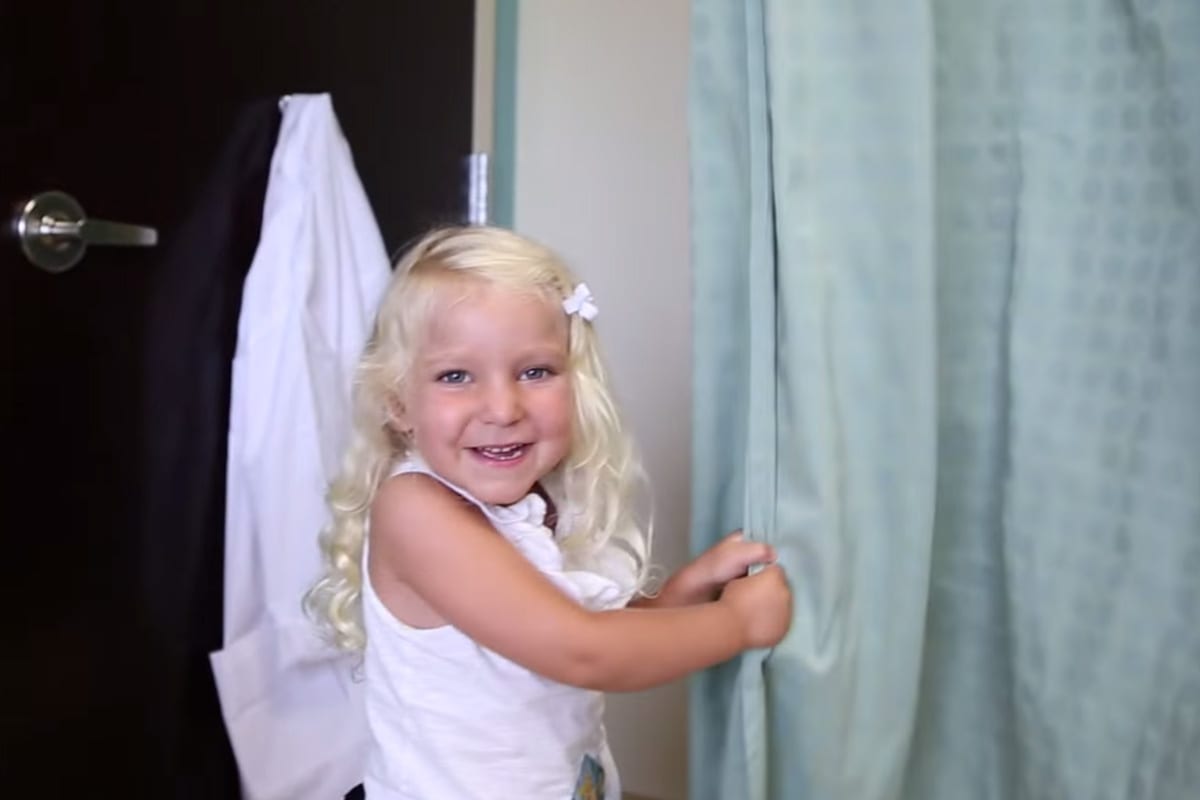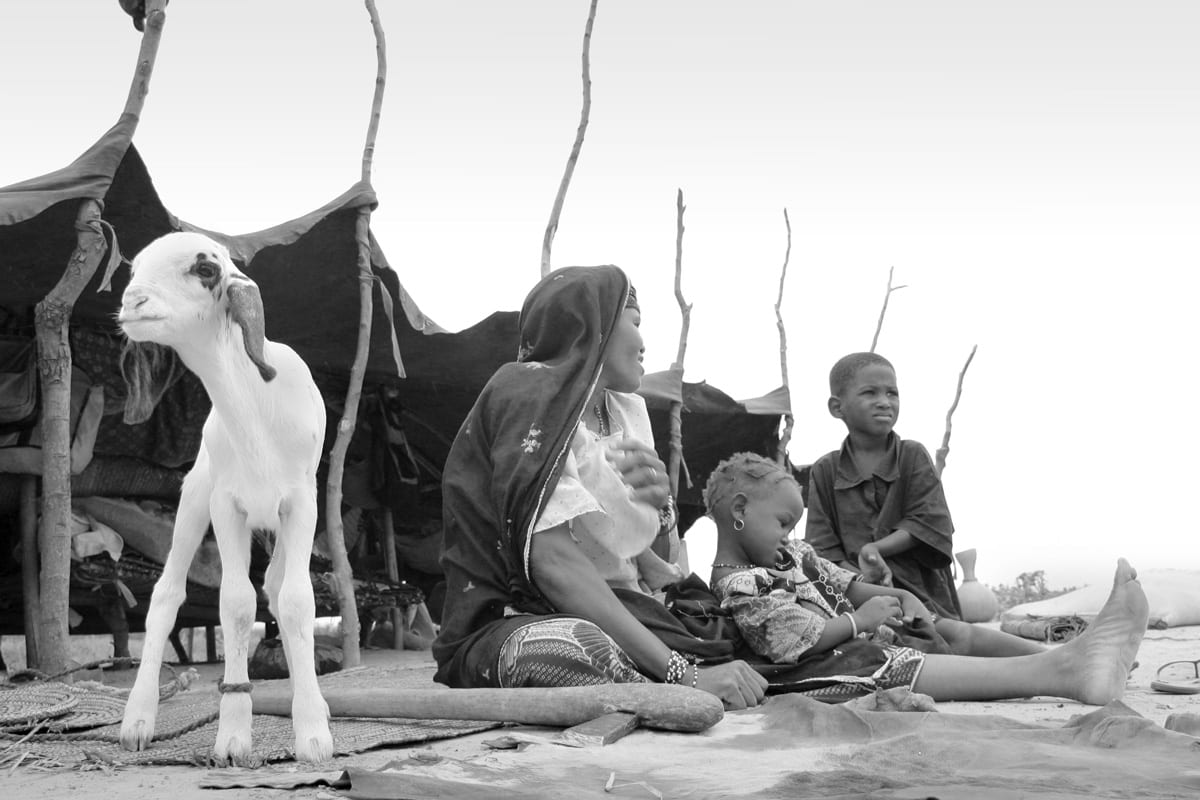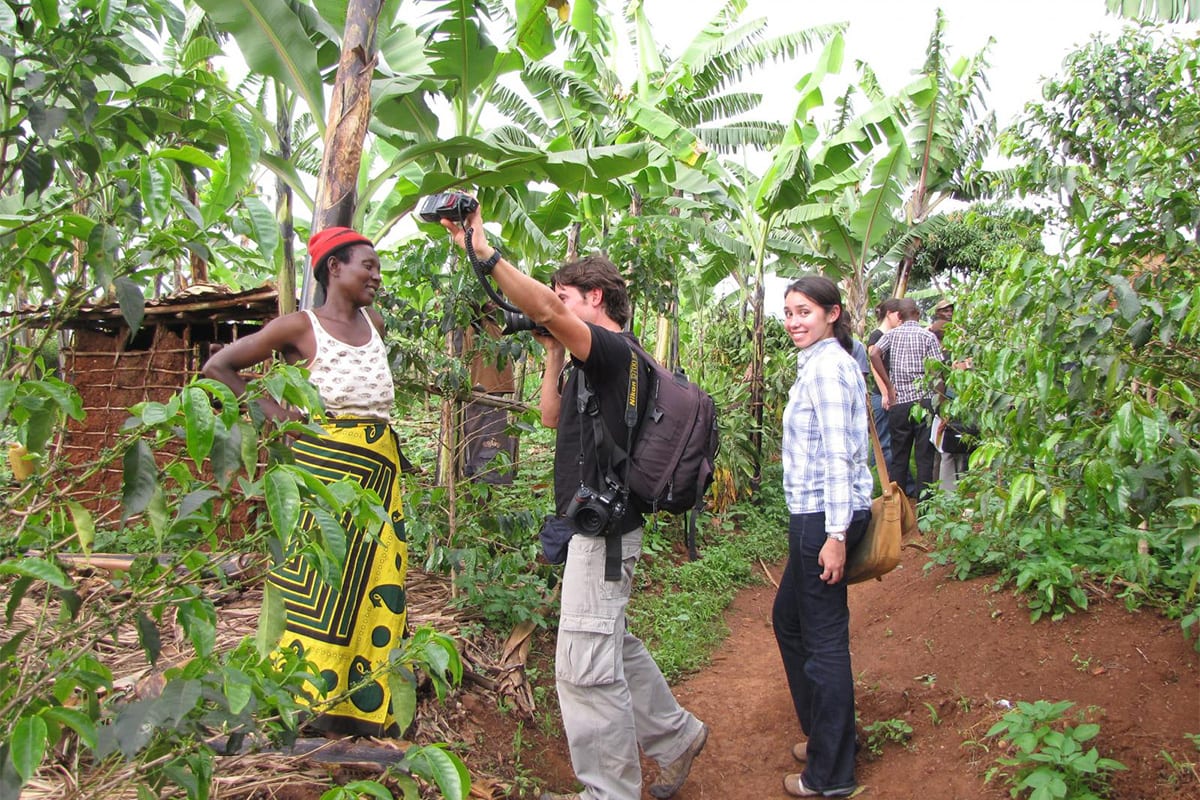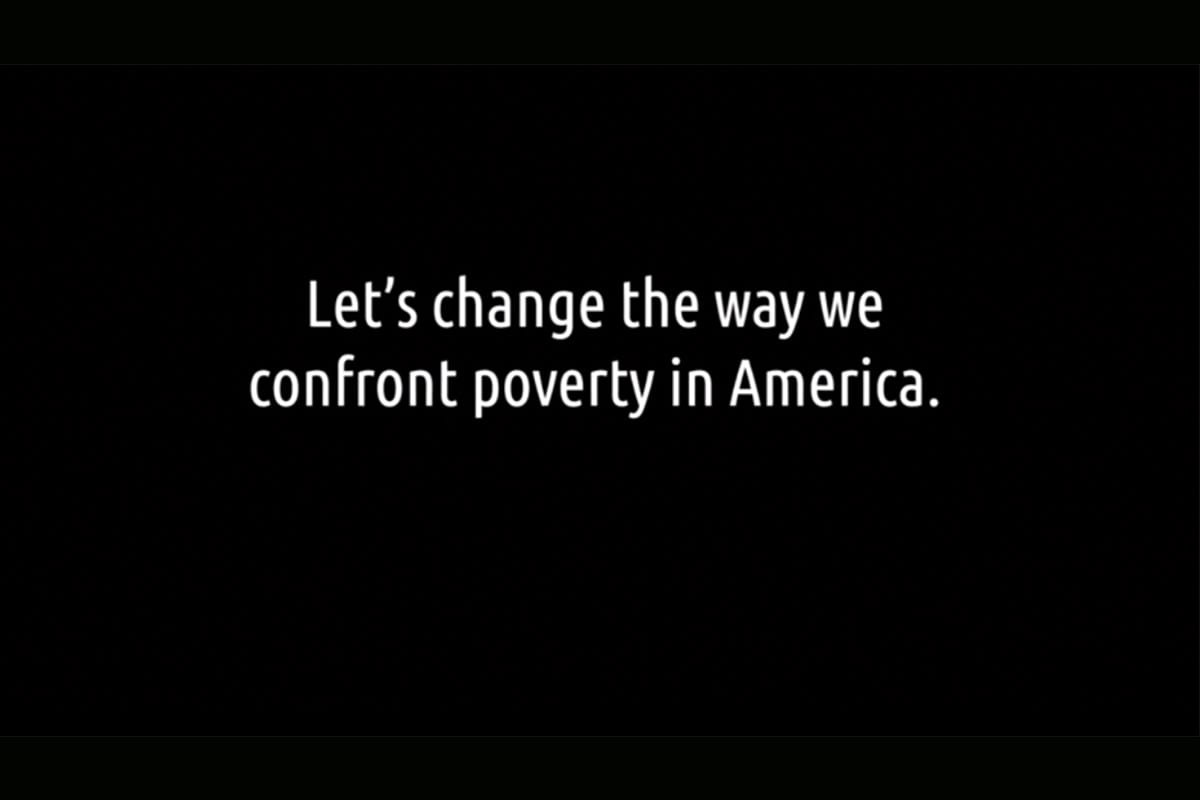New Report: Doctors’ Participation in Interrogation and Torture in U.S. Detention Centers

a new report from the Institute on Medicine as a Profession (IMAP) says that military doctors and psychologists have let national security interests trump ethical standards, leading them to design, enable and engage in torture of detainees in U.S. military detention centers.
Messages and Messengers Come in All Packages

There are all kinds of ways to get an important message across, but is anyone really listening? If you’ve got the right messenger and setting, they’re more likely to.
Conversations in Development: The Critical Role of Women in Agriculture

The majority of those who produce, process, and market Africa’s food are women, but only one in four agricultural researchers and one in seven agricultural policymakers is female
Looking in Switzerland for the Answers to Financial Risk in Economic Development

When you look at mining, logging, and large-scale agriculture in the developing world, an unfortunate set of numbers leap out. Because these industries need land that is mostly inhabited, contested ownership of rural, forest, and dryland areas directly affects the livelihoods of more than two billion people.
Science Communications Lessons at Your Local Bar
Some of the best tips about speaking to reporters come from reporters themselves. The most memorable point for me came from National Public Radio Science Correspondent David Kestenbaum, who by the way, has a Ph.D. in physics. He energetically said to our audience of biomedical scientists at a media training, "You have to speak to me like I'm the drunk guy at the end of the bar."
Conversations in Development: On the Front Lines in the Fight Against Tuberculosis
Tuberculosis (TB), an infectious disease that kills 1.4 million people per year, has existed since the time of the pharaohs. Organizations like the TB Alliance and Aeras are working on new technologies to fight the scourge of this ancient and deadly foe.
The “New Normal” for Reaching Your Audience

The quickly shifting media environment and the ever-multiplying channels of communications have forced communicators to be much more strategic and thoughtful about how to engage the right audiences.
Conversations in Development: A Young Zambian Woman on the Value of Education

In Zambia, a country where only 21 percent of girls and 27 percent of boys attend high school, student Patricia Nanyangwe discusses her family, her aspirations and the critical role of education in her community. With the help of the African Education Program, a nonprofit founded by Burnesser Julie-Anne Savarit-Cosenza, Patricia and hundreds of other Zambian students are getting the support they need to excel in high school and beyond.
“Going For It”: An Update on Burness’ Nairobi Office

Burness is returning to Nairobi—where we’ll continue the work we’ve been doing with groups based in Africa. Now, we’ll be closer to the organizations we’re working with and the people we’re ultimately working for—from smallholder farmers struggling to feed their families in the face of a changing climate to the young girls in Nairobi’s Kibera slum seeking a good education so they can climb out of poverty.
Suburban Poverty: A Phenomenon That’s More Common Than You Might Think

According to “Confronting Suburban Poverty in America,” authored by Elizabeth Kneebone and Alan Berube of the Metropolitan Policy Program, the poor population in America’s suburbs is growing faster than anywhere else in the country, surging 64 percent in the past decade and growing at more than twice the rate of the urban poor population.
